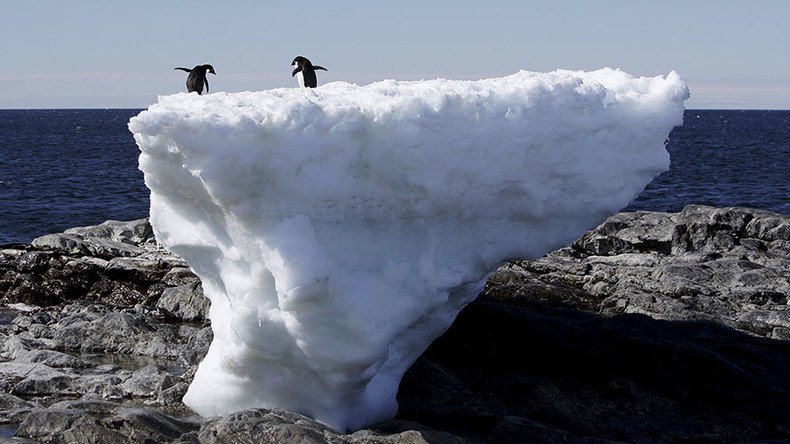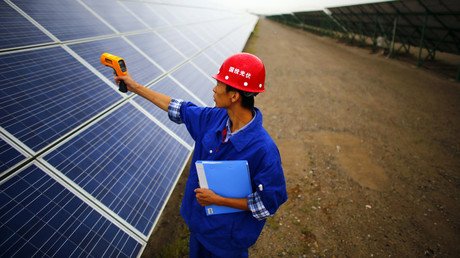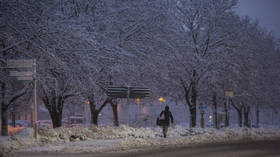Climate change could wipe $2.5trn off global assets – study

Global warming could destroy $2.5 trillion – nearly 2 percent – of the world’s non-bank financial assets by the end of the century if the Earth continues to warm at its current rate, a new study has warned.
Published in the peer-reviewed journal Nature Climate Change, the study used economic modeling to predict the impact of unabated climate change.
The research, carried out by the London School of Economics (LSE), suggests that even if the rise in global temperatures is kept under the 2C (35.6F) danger limit agreed on at the Paris summit last December, $1.7 trillion in assets may remain in danger.
However, if temperatures rise by a further 0.5C, that number could jump to $2.5 trillion.
In a worst case scenario, losses could soar to $24 trillion, or 17 percent of the world’s assets.
“Limiting warming to no more than 2C makes financial sense to risk-neutral investors—and even more so to the risk averse,” the study says.
Losses would be caused through the direct damage or destruction caused by droughts, floods, heat waves and other extreme weather events associated with climate change, as well as a reduction in earnings for those living in areas affected by rising temperatures.
Trillions of dollars of world’s financial assets at risk from global warming of 2.5°C - new study estimates https://t.co/F6ig88TirN@LSEnews
— Grantham Research (@GRI_LSE) April 4, 2016
“Our work suggests to long-term investors that we would be better off in a low-carbon world,” LSE Professor Simon Dietz, the lead author of the study, told the Guardian.
Though taking action to tackle climate change would reduce overall financial losses, fossil fuel companies—worth around $5 trillion on stock markets—are expected to lose value through “stranded assets.”
Previous research found these companies would have to leave coal, oil and natural gas reserves in the ground because burning them would exceed global emissions limits.
“There is no scenario in which the risk to financial assets are unaffected by climate change. That is just a fiction. There will be winners and losers,” Dietz said.












